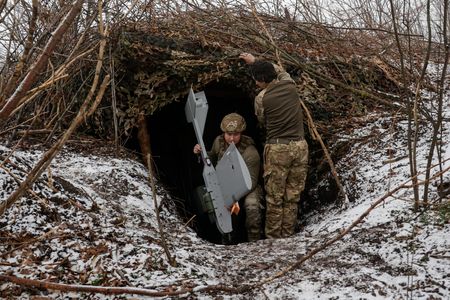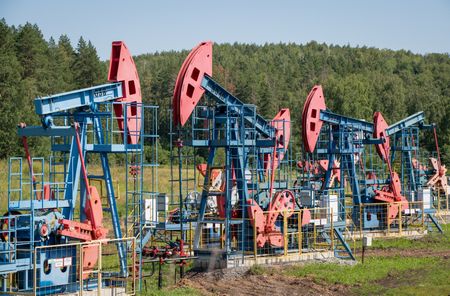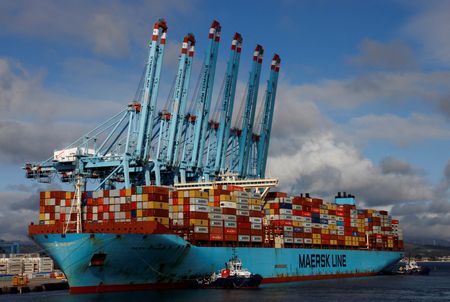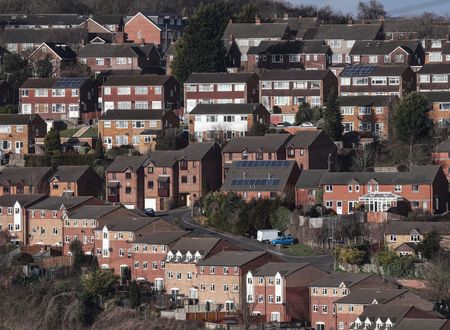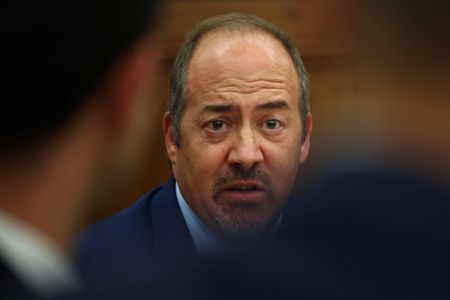(Reuters) – Sterling was struggling for direction on Wednesday, with investors concerned about a deteriorating growth outlook but ruling out a further significant pound decline.
With UK markets closed on Thursday and Friday, analysts expect reduced volatility ahead of the long weekend.
British manufacturing activity expanded in May at the weakest rate since January 2021, as producers of consumer goods struggled against a worsening cost-of-living crunch, a survey showed.
British house prices surged again last month, but a slowdown caused by the worsening cost-of-living crunch is likely on the way, mortgage lender Nationwide said.
Data raised new questions about the strength of Britain’s economy, where inflation at a 40-year high has driven consumer confidence to record-low levels.
At 0835 GMT, sterling was 0.05% lower against the dollar at $1.2595.
It remained well off its mid-May lows when it touched its lowest level since May 2020.
The euro edged further away from a monthly high on Wednesday and the U.S. dollar nudged higher, lifted by higher Treasury yields as global inflation worries flared anew.
Versus the euro, the pound was flat at 85.19 pence.
“Sterling may lead the way for now on the downside, amid concerns about the economy,” SocGen analysts said.
“The pound’s biggest support comes from its valuation.
GBP/USD is 11% below its average level of the last decade, and 4% below the post-referendum average,” they added.
Money markets still discount an aggressive monetary tightening path from the Bank of England (BoE) despite concerns of economic slowdown as they price in 138 bps of BoE rate hikes by year-end.
However, analysts have recently argued that hiking rates to fight surging inflation is a pound negative, as it might hurt an already weak economy.
They added that sterling has recently taken on the characteristics of a growth currency, being driven more by equities than rate differentials.
UK politics remain in investors’ focus as prime minister Boris Johnson faces a mounting threat of a confidence vote from his lawmakers, with commentators suggesting he could consider holding an early election before an expected date in 2024 to rebuild his authority.
Deputy prime minister Dominic Raab said Britain is “very unlikely” to hold an early election.
(Reporting by Stefano Rebaudo; Editing by Toby Chopra)


